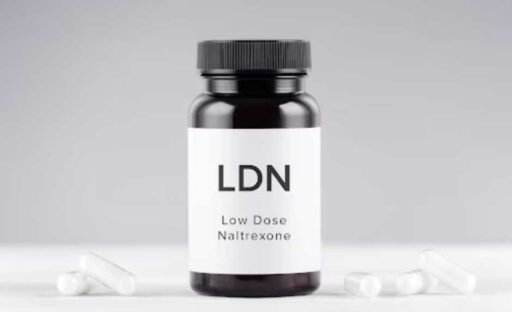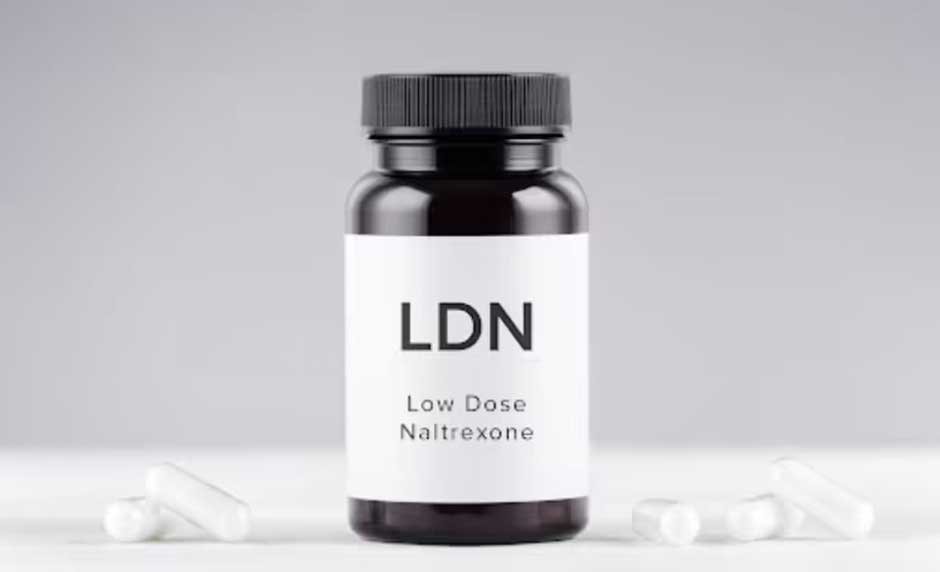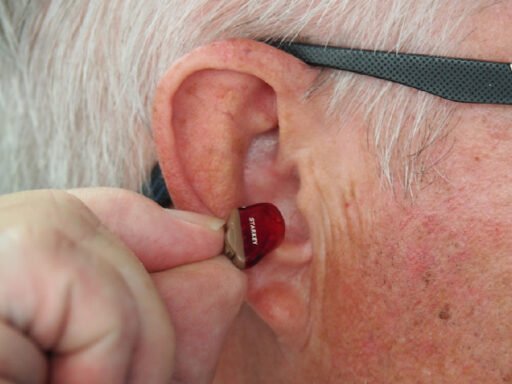Understanding the role and efficacy of Low Dose Naltrexone (LDN) in serotonin production can be pivotal in assessing its therapeutic potential. This comprehensive guide will delve into the complex relationship between LDN and serotonin, providing a nuanced understanding of their interaction.
In the realm of mental health, the question — does LDN increase serotonin? — has gained considerable attention. LDN, or Low Dose Naltrexone, is a medication traditionally used for treating opioid addiction and alcoholism. In recent years, however, LDN has gained traction for its potential role in treating various other conditions, including depression.
Understanding LDN
Naltrexone, introduced in 1984, is an opioid antagonist used to reverse opioid drug overdoses or combat addiction. In the 1990s, physicians began administering this drug in much lower doses, typically between 1.5-4.5mg, for different purposes. This gave rise to the term Low Dose Naltrexone (LDN).
Serotonin: The Happiness Hormone
Serotonin is a crucial neurotransmitter that plays an essential role in regulating mood, social behavior, appetite, digestion, sleep, and memory. Often dubbed the ‘happiness hormone,’ serotonin contributes significantly to our feelings of well-being and happiness.
Exploring the LDN-Serotonin Relationship
LDN’s impact on serotonin levels is a subject of ongoing research. Some studies suggest that LDN may indirectly influence serotonin production by modulating the body’s endogenous opioids, known as endorphins. These endorphins can interact with the serotonin system, potentially leading to an increase in serotonin levels.
Mechanism of Action
LDN functions by temporarily blocking opioid receptors, which stimulates the body to produce more endorphins and enkephalins. It also upregulates the opioid receptors, making them more sensitive to endorphins. This mechanism suggests that LDN may indirectly influence serotonin levels in the brain, thereby potentially alleviating depressive symptoms.
LDN in Depression Treatment
In the context of treating depression, LDN’s potential to increase serotonin levels is of particular interest. By boosting serotonin, LDN could potentially alleviate symptoms of depression and improve mood.
Side Effects of LDN Therapy
While LDN therapy has been generally well-tolerated, some patients report experiencing vivid dreams during the initial days of LDN treatment. This side effect is typically temporary and subsides as the body adjusts to the medication.
LDN and Sleep Architecture
One intriguing aspect of LDN therapy is its potential impact on sleep architecture. Some patients report experiencing vivid dreams, suggesting that LDN might alter REM (Rapid Eye Movement) sleep. Altering sleep architecture could potentially have therapeutic effects on various psychiatric disorders.
LDN and Other Neurotransmitters
Beyond serotonin, LDN may also influence other neurotransmitters like dopamine and endorphins. By modulating these neurotransmitters, LDN could potentially have broad effects on mood, pain perception, and immune system function.
LDN and Inflammation-Related Depression
Chronic inflammation is increasingly recognized as a potential contributor to depression. LDN, with its anti-inflammatory properties, could potentially offer relief for individuals with inflammation-related depression.
Adding LDN to Depression Treatment Regimen
In many cases, LDN is used as an adjunct therapy rather than a standalone treatment for depression. When combined with other antidepressants, LDN can potentially enhance the overall efficacy of the treatment regimen.
Conclusion
In conclusion, while the question — does LDN increase serotonin? — cannot be definitively answered due to the need for more research, existing evidence suggests that LDN might indirectly influence serotonin levels. This potential effect, combined with LDN’s impact on other neurotransmitters and its anti-inflammatory properties, positions LDN as a promising therapeutic option for various conditions, including depression. However, more extensive studies are needed to fully understand LDN’s mechanisms of action and its potential benefits in treating depression and other conditions.





